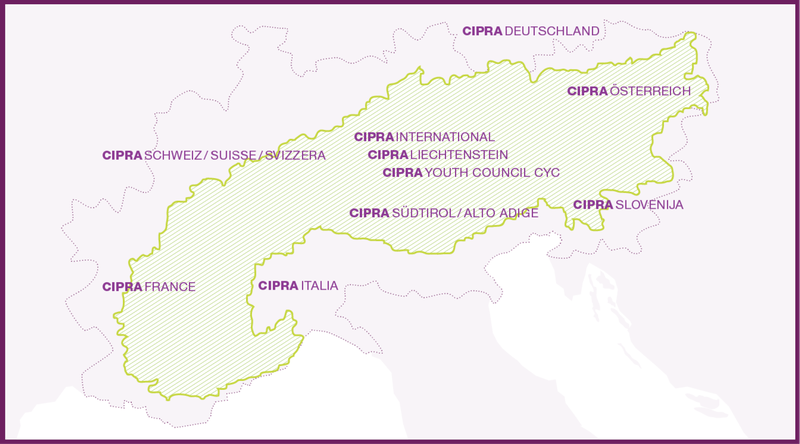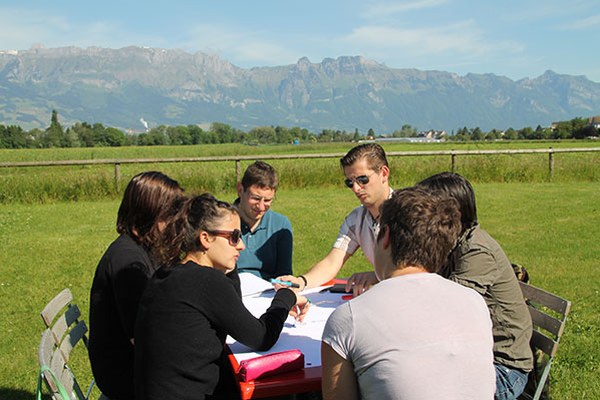Laura Haberfellner, CIPRA International Lab
Innovation to counter emigration
Emigration and the brain drain in the Alpine region: a new EU project involving CIPRA aims to counteract this trend. It is testing innovative governance models to strengthen mountain regions and create a win-win situation for regions of origin, destinations and young emigrants.
Who is CIPRA?
Find out more!
More articles
alpMedia | Schaan, LI
EU warming to the idea of an Alpine transit exchange
For some time now Switzerland's Bundesrat [Federal Council] has been wanting to push ahead with relocating freight-related transit traffic from the road to the rail by creating an Alpine transit exchange. Transit quotas for freight on the road could then be auctioned from the exchange.
alpMedia | Schaan, LI
Green Paper on urban mobility
The European Commission's new Green Paper entitled "Towards a new culture for urban mobility" looks at the mobility and ecology of European towns and cities. In Europe a good 60% of the population lives in urban areas. Just under 85% of the EU's gross domestic product is generated in those areas.
alpMedia | Schaan, LI
New issue of the Journal of Alpine Research
The latest publication in the series Journal of Alpine Research features four specialist articles addressing different issues. However they all focus on the landscape and the way in which it is changing.
alpMedia | Schaan, LI
Strengthening mountain forests
The Interreg IIIC project Network Mountain Forest (NMF), which was launched in 2003, has come to a close with the signing in Lindau/D on 29 October 2007 of a Memorandum aimed at strengthening mountain forests in Europe.
Events
There is nothing to see here at the moment. Why not take a look at the other countries?
Projects
CIPRA
alpMedia
The alpMedia newsletter offers boundless information from and for the Alps. CIPRA launched this service in the International Year of the Mountain in 2002. Today the alpMedia Newsletter is published at irregular intervals in the four main languages of the Alps, i.e. French, German, Italian and Slovene. Important messages are merged in an English edition several times a year.


